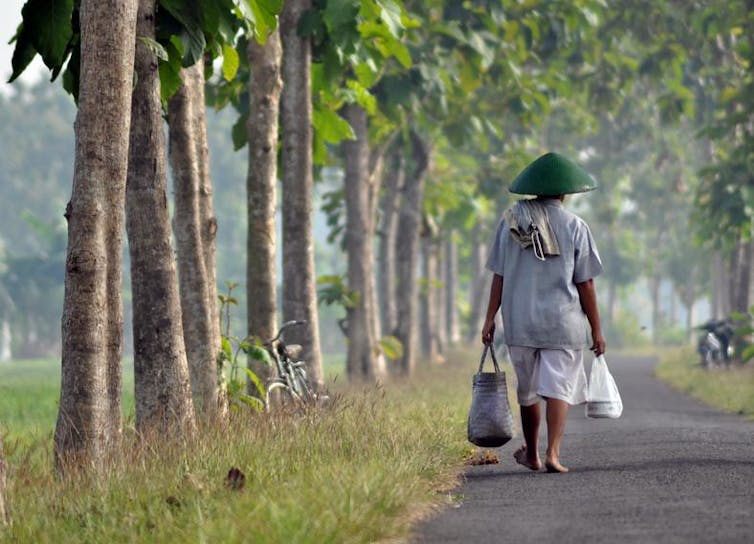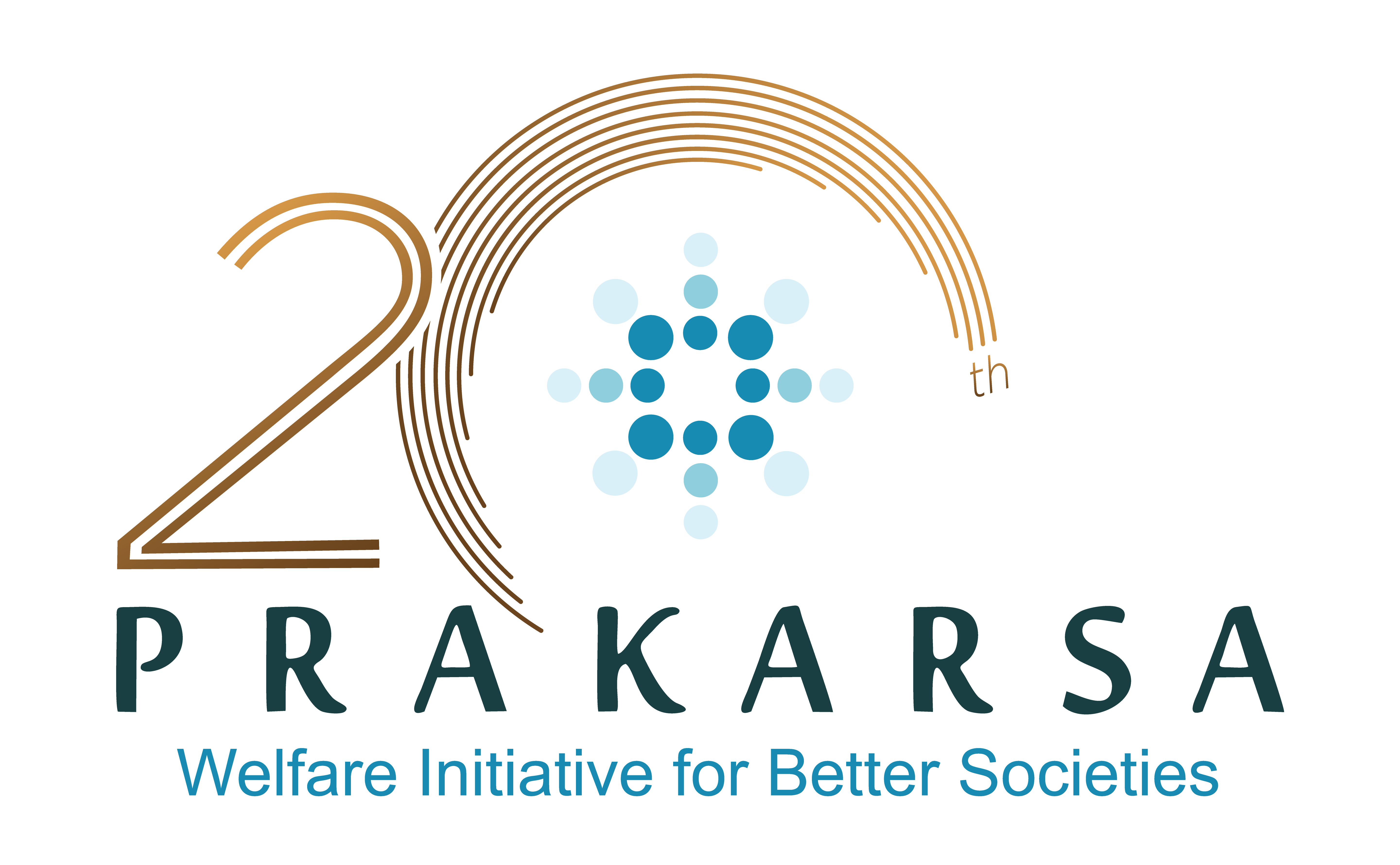As the world hits a perfect storm of COVID-19, governments worldwide are encountering the most challenging and noble tasks in their history: to save their people and the economy.
While preventive measures such as physical distancing and staying at home are imperative to minimise the spread of the virus, the media and public remind us such measures present privileged class bias.
Those at the bottom of the socioeconomic ladder are struggling to comply with such measures for a palpable reason: they must find ways to make ends meet. They need the cash to survive daily, and they need it now.
Developed countries have resources and welfare architecture in place to ease their citizens’ hardships in this crisis. Monetary, fiscal, and welfare interventions have been launched on an unprecedented scale because this pandemic might be worse than the Great Depression.
Meanwhile, lower and middle-income countries are hit harder, but have fewer resources and fragmented welfare systems, leaving them unable to undertake the scale of interventions we have seen in developed countries. Their financial markets have also been impacted by the global financial system’s shocks in this pandemic era.
One solution to tackle this condition in a country like Indonesia is by adopting universal basic income.
English lawyer and philosopher Thomas More coined ‘basic income’ as a utopian idea in 1516. The core idea centers on the notion that governments unconditionally pay a basic income to every member of a society on an individual entitlement basis without means testing and without a work requirement.
In our opinion, universal basic income can be adopted by Indonesia, a country that has been approaching the status of an upper-middle-income economy.
Yet Indonesia is struggling during this time of the pandemic. The country’s bureaucracy, as well as its poor financial management, have prevented Indonesia from helping people in need during this difficult time.

Income for everyone from Village Funds
The government can modify its Village Funds policy so these funds can be given unconditionally to support people in a form of universal basic income during the COVID-19 pandemic.
President Joko “Jokowi” Widodo has introduced Village Funds since 2015 to boost infrastructure developments in rural areas. The government has committed Rp 400 billion (US$27 billion) to be disbursed to more than 78,000 villages from 2019-2024.
The funds are mostly spent on physical infrastructure development such as repairing village offices or constructing roads and public facilities.
Corruption and mismanagement of the funds are not uncommon at a local level due to complicated budgeting and reporting systems. These are difficult to manage for villages with low levels of financial literacy.
Thus, the government should simplify its disbursement and management of the funds so they can be distributed to people in need in rural areas. This would enable them to temporarily deal with COVID-19 more quickly.
The Villages, Disadvantaged Regions and Transmigration Ministry is still developing guidelines to employ cash transfers using the Village Funds.
However, there are a few conflicting ideas in the “guidelines”.
On the one hand, the ministry suggests each household beneficiary will receive about Rp 600,000 for three months. This applies to more than 78,000 villages.
On the other hand, the allocation for each household will depend on how much funding a village secures from the government.
For villages receiving average funds of Rp 800 million to Rp 1.2 billion (USD 53k-80k), the allocation for COVID-19 transfer is set at 30% of the total funds for three months. For villages receiving more than Rp 1.2 billion, the allocation can go up to 35% of their budget.
The way the ministry deals with this situation is counterproductive because much time and effort are required to design proper conditions on the funding. Targeting is prone to exclusion and inclusion errors, which often lead to social tensions. The funds will then be released way too slowly to have quick impacts.
One of the most important principles in setting universal basic income is to eliminate all conditionalities to avoid or reduce potential local conflicts.
In emergencies like this pandemic, conditionalities and complicated verification are the last things needed because nearly everyone is affected.
Learning from the past
In previous disaster settings, the government has piloted ‘basic income’ through cash transfer programs in Central Sulawesi following earthquakes in the region in 2018.
Led by the Ministry of Social Affairs, the program is supported by large non-governmental organizations.
Following the 2018 earthquakes, the ministry distributed at least Rp 43.2 billion to 72,000 disaster-affected people in 2019. Also, nongovernmental organizations from Cash Working Group (CWG) in Central Sulawesi distributed around Rp 300 billion (US$22 million) as of 2019.
The inclusion of beneficiaries during emergencies should be based on simple inclusion criteria such as loss of assets and jobs. And a village-level process can verify such information.
The urgency of universal basic income
COVID-19 causes poverty to skyrocket as a 1% reduction in economic growth could increase poverty by up to 3%.
In emergencies, time is a currency. A failure to deliver basic income to the people could have catastrophic consequences.
People are looking for certainty and security in this pandemic era. These two things are exactly what universal basic income could provide, especially for the rural population.
The Indonesian government also needs to think beyond Jakarta and Java Island, as those in the peripheries will suffer further because of the lack of attention given to them under current schemes.
While Indonesia is still struggling to “flatten the curve”, the government needs to shift gear to adjust to the crisis without sacrificing the most vulnerable groups.
If businesses are being rescued through intervention such as tax breaks, then the government should also rescue the vulnerable and marginalised people at a time when they need it most.
Source: The Conversation
